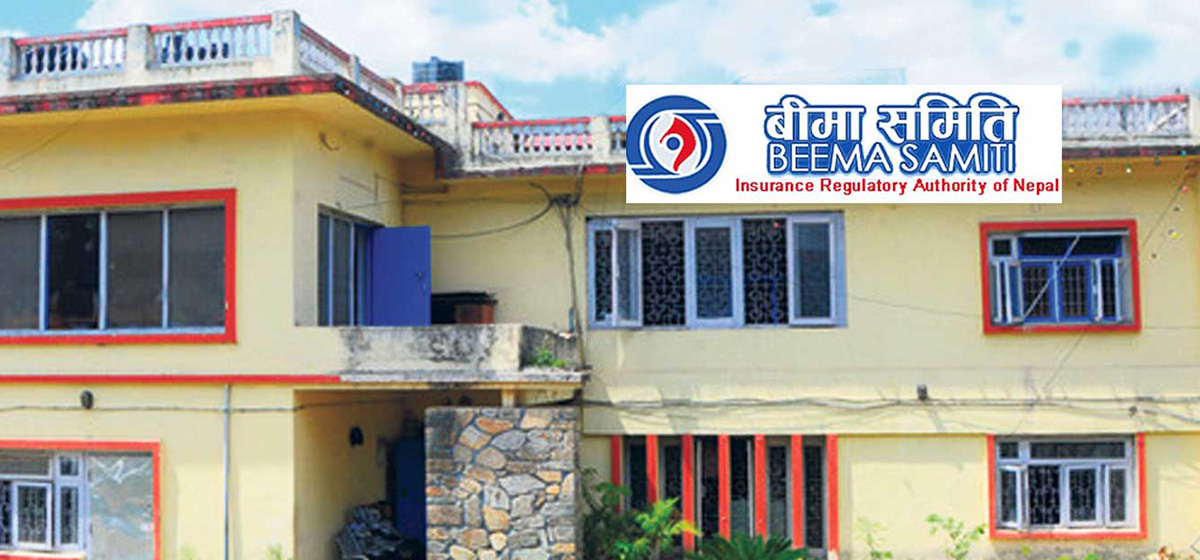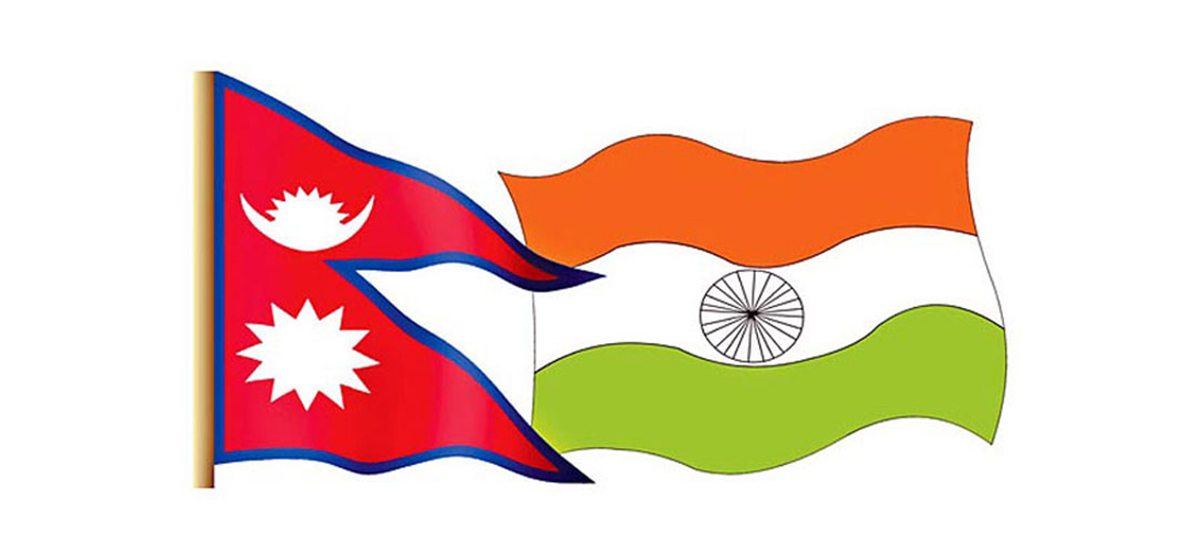
OR
Himalayan Reinsurance Company: Rs 1 billion ‘deal’ for operating license
Published On: June 27, 2021 02:15 PM NPT By: Dilip Paudel

KATHMANDU, June 27: Prime Minister KP Sharma Oli has been publicly saying, "I do not commit corruption, I do not even look at the face of the corrupt." But during the Oli-led government’s tenure, one after another irregularities have been made public. A recent example is the Himalayan Reinsurance Company.
According to sources, there is a suspicion of irregularities in granting Himalayan Reinsurance Company the license to operate as a reinsurer. An operator of the same company said that the Himalayan Reinsurance Company got permission by influencing the high officials of the government. "We have already paid some amount. It has been agreed to pay the remaining amount after the company starts trading," said the operator. "We will pay the amount by collecting Rs 100 per unit."
The Himalayan Reinsurance Company has a paid-up capital of Rs 10 billion. As it is a company of 100 million units, raising an additional amount at the rate of Rs 100 per unit will be Rs 1 billion. The Chief Executive Officer (CEO) of the Investment Board of Nepal (IBN) is close to the prime minister. Sources claim that this is a 'deal' in collusion with some traders. The license was issued after the private sector entrepreneurs paid an advance amount with a commitment to pay Rs 1 billion. The Beema Samiti has completed the formal process of issuing the license.
As the value of reinsurance companies is high in the capital market, investors are also willing to pay an extra amount per unit. So far, Nepal Reinsurance Company is the only reinsurance company in the country. According to Nepal Stock Exchange (NEPSE), the market value of the company's share price in the reinsurance sector recently was Rs 1,916. Investors are ready to pay a large amount as the new reinsurance company will trade for a higher price after it gets listed on NEPSE.
Five reinsurance companies were competing for the license as per the information issued by the Beema Samiti. Along with Himalayan, Prudential Reinsurance, Annapurna Reinsurance, Kathmandu Reinsurance and Genuine Reinsurance had also applied. Operators of other companies were also willing to pay large sums under the table. The Insurance Committee, which had called for the proposal on April 29, had given time till May 19 to register the proposal. The Beema Samiti has directed the founders to raise Rs 7 billion capital within 45 days.
Some of the leading business groups were active to get the license for Himalayan Reinsurance. The company has the investment of reputed businessmen from the private sector. Although some companies have already been registered at the Beema Samiti, the latter had canceled the old applications in collusion with some businessmen and re-opened the application for the new company. Beema Samiti is a body under the Ministry of Finance. So, it is a big ‘deal’ and was possible only with the involvement of someone from a high post, the source claimed.
Former chairman of the Beema Samiti, Devendra Pratap Shah has questioned the evaluation process of the insurance regulatory body itself. Shah said that the selection process should be transparent. "The company was selected in a hurry amidst the prohibitory period," said Shah. “The evaluation criteria has not been made public. This has created suspicion.” The competing companies have alleged that the company that submitted the closed list had to be sealed when choosing the company from the competition but it was not done.
The Beema Samiti has stated that the company was selected through competition as per the issued public notice as only one company was suitable after studying the market. The chairman of the Beema Samiti is Surya Prasad Silwal. He was appointed as the chairperson by the current government.
But Chairman Silwal said the permission was granted to the most suitable company. "The company that got the most points in the competition with the best business plan has been selected," said Chairman Silwal. “They started blaming after their companies were not selected.” He also added that the proposal was called for only one company because of the small market size.
Some 70 percent of investment in the Rs 10 billion company, that is Rs 7 billion, is from individual and institutional investment. As an IPO of Rs 3 billion worth of shares will have to be issued to the public, investors who get shares now will have to invest Rs 113 per unit.
You May Like This

Licenses of two manpower agencies revoked over refusal to provide compensation
KATHMANDU, Aug 10: The government has rescinded the license of two manpower agencies found guilty of violating the professional code... Read More...

Broker license to bank subsidiary draws mixed reaction
KATHMANDU, July 15: The recent announcement of the Nepal Rastra Bank (NRB) in its monetary policy for the upcoming fiscal... Read More...

Provision to license micro insurance firms proposed
KATHMANDU, June 28: The government is introducing a provision to license micro insurance companies in a new law that it... Read More...





Just In
- 120 snow leopards found in Dolpa, survey result reveals
- India funds a school building construction in Darchula
- Exploring opportunities and Challenges of Increasing Online Transactions in Nepal
- Lack of investment-friendly laws raises concerns as Investment Summit approaches
- 550,000 people acquire work permits till April of current fiscal year
- Fixing a win by outlawing dissent damages democracy
- MoHP cautions docs working in govt hospitals not to work in private ones
- Over 400,000 tourists visited Mustang by road last year










_20220508065243.jpg)

Leave A Comment